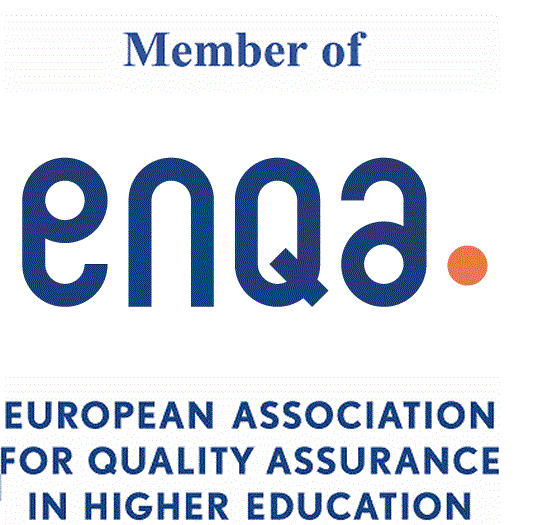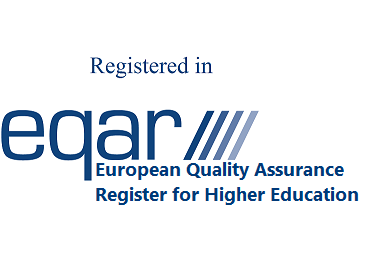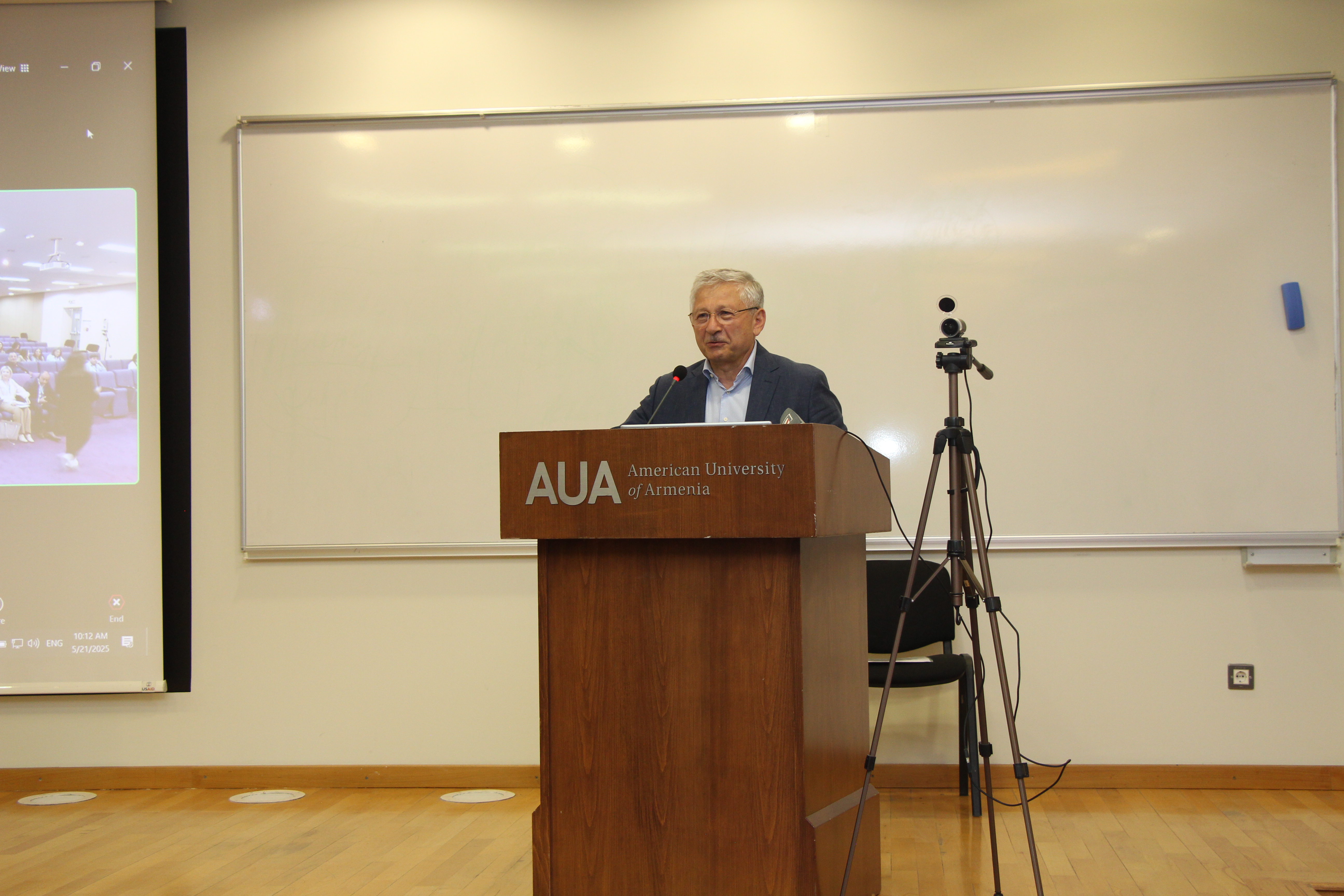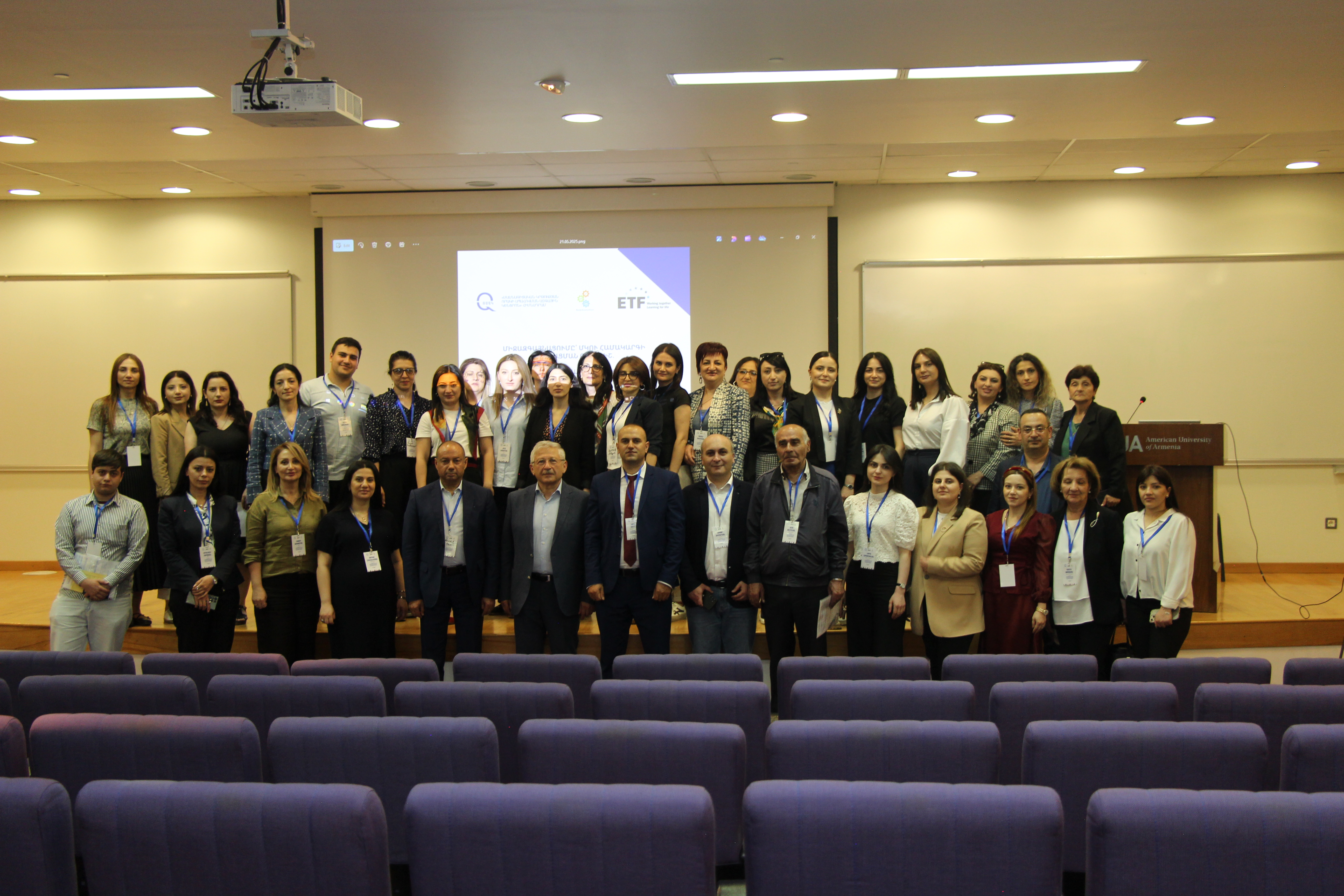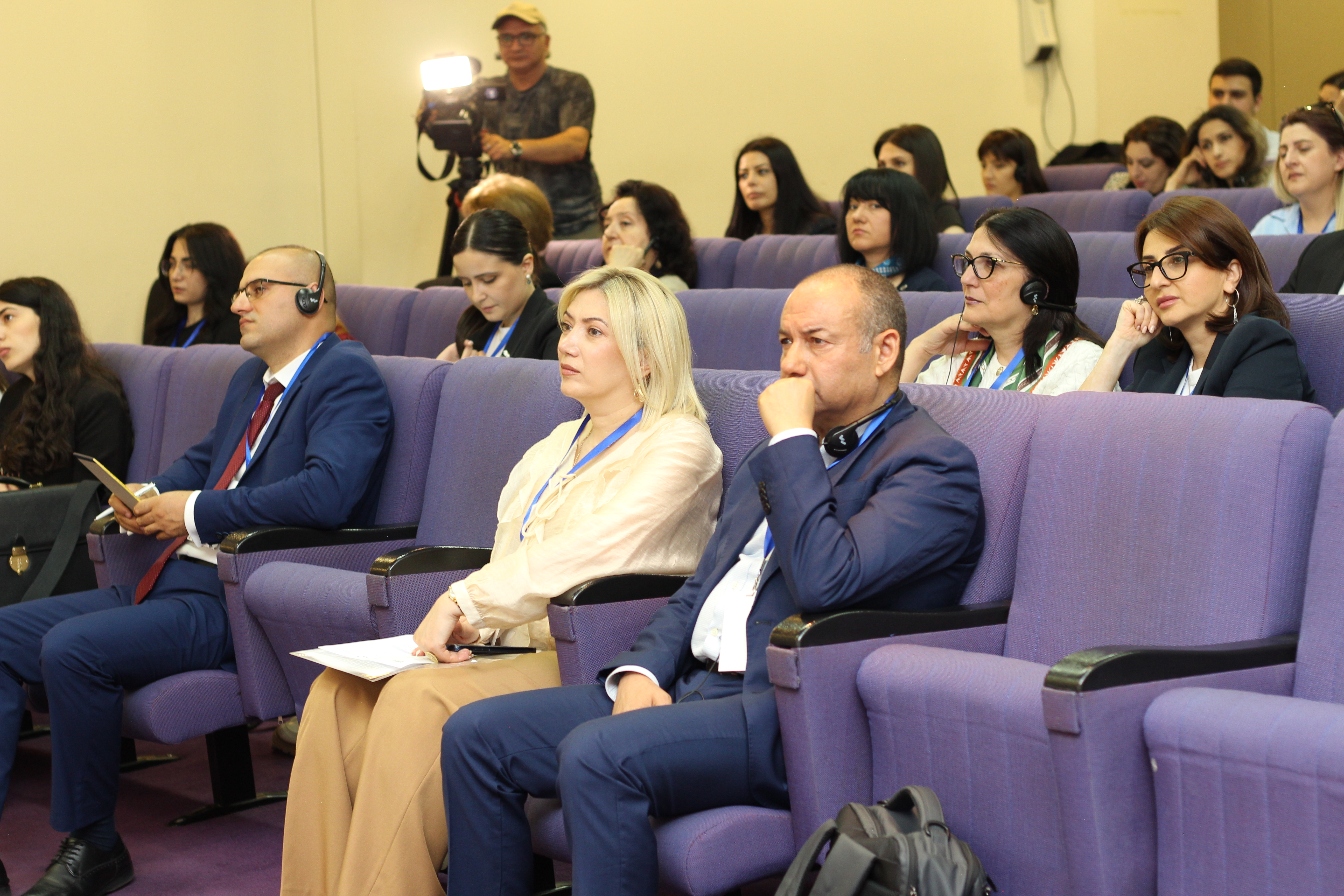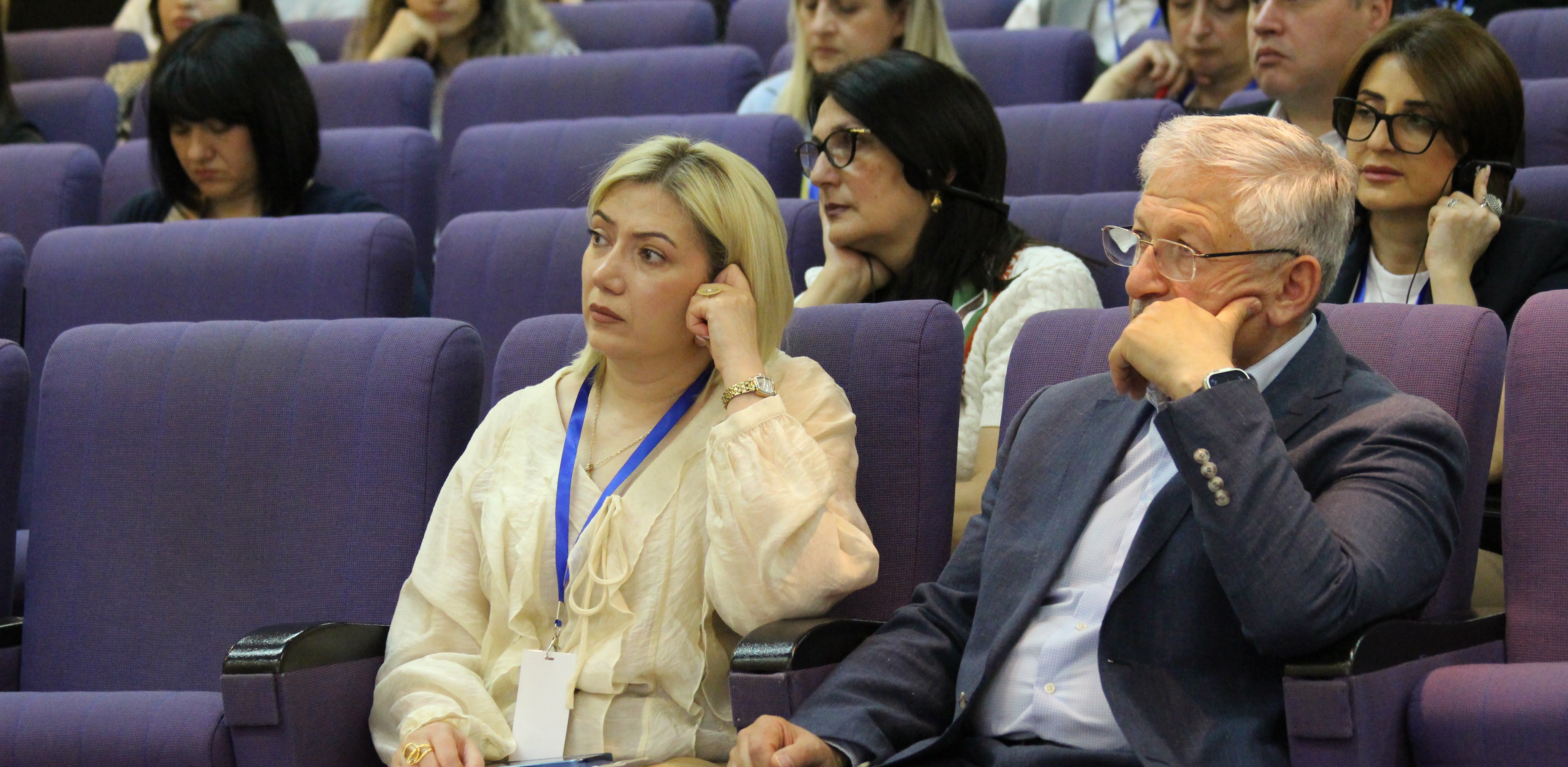On May 21, the American University of Armenia hosted a workshop "Internationalisation as a Guiding Principle for the Development of the VET System: Piloting the ETF Diagnostic Tool". The event was organised at the initiative of ANQA and ETF.
Welcoming the participants, Ruben Topchyan, ANQA’s director noted that Armenia is one of the first countries to pilot the ETF diagnostic tool for VET. Dr. Topchyan highlighted that following the piloting results, the tool will be refined and implemented in ETF partner countries. "This is also an opportunity to identify our VET system’s strengths and pinpoint areas for enhancement to support its development", added Ruben Topchyan.
Armenuhi Poghosyan, head of the Department for Preliminary (Craftsmanship) and Vocational Education and Training of the RA MoESCS, thanked ANQA for the initiative, emphasising the workshop is timely given the systemic changes outlined in the new VET law. "With the help of the diagnostic tool we can understand how vocational education and training is organized and approaches to its quality assurance. The tool implementation will allow us to assess the system at every level and identify enhancement areas", mentioned Armenuhi Poghosyan.
Mounir Baati, ETF senior specialist in VET Policies and Systems, noted in his speech: "When developing policies, qualifications frameworks, or academic programmes, data is essential. Without that, achieving quality outcomes is not possible. Our observations indicate that quality assurance systems often focus only on the teaching process, while other areas also need to be addressed. That's why we developed this tool, enabling the assessment of the system in five areas. It should be piloted before being put into practice. The workshop is highly valuable in this regard, offering a chance to develop a complete tool for the assessment and enhancement of VET systems within the European Education Area".
The ETF experts presented the diagnostic tool for VET and the goals of its implementation. The tool is based on the EQAVET (European Quality Assurance in Vocational Education and Training) framework and covers five key areas:
- Policy and Governance;
- Standards Behind Qualifications;
- Provision;
- Assessment Validation and Certification;
- Data and Knowledge Creation.
The participants engaged in focus group discussions, touching upon the proposed questions. Afterward, the identified issues and observations were summarised, forming the basis for a systemic analysis and sectoral policy recommendations.
The diagnostic tool for the RA VET system was introduced in October 2024 in Yerevan, followed by a series of online meetings. The May 21 workshop aimed to address unresolved issues from earlier stages, provide a complete analytical overview and prepare a final summary of results.
Concluding the workshop, Ruben Topchyan stated that the report based on the results of the tool piloting will be available this autumn. It will be provided to relevant government agencies and may serve as the basis for VET system’s further enhancements.

